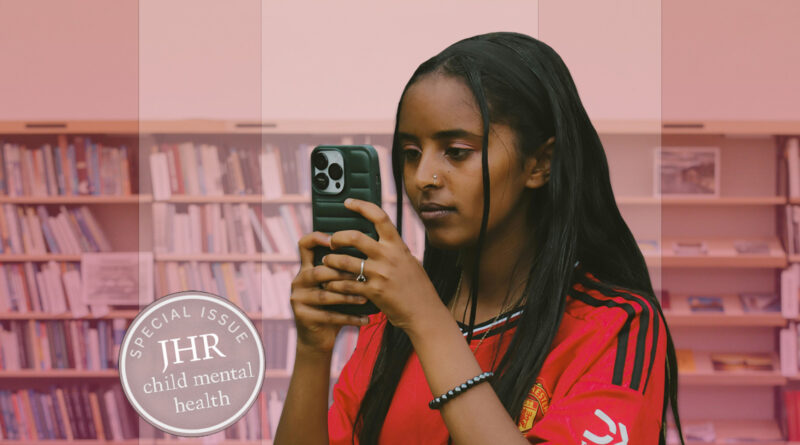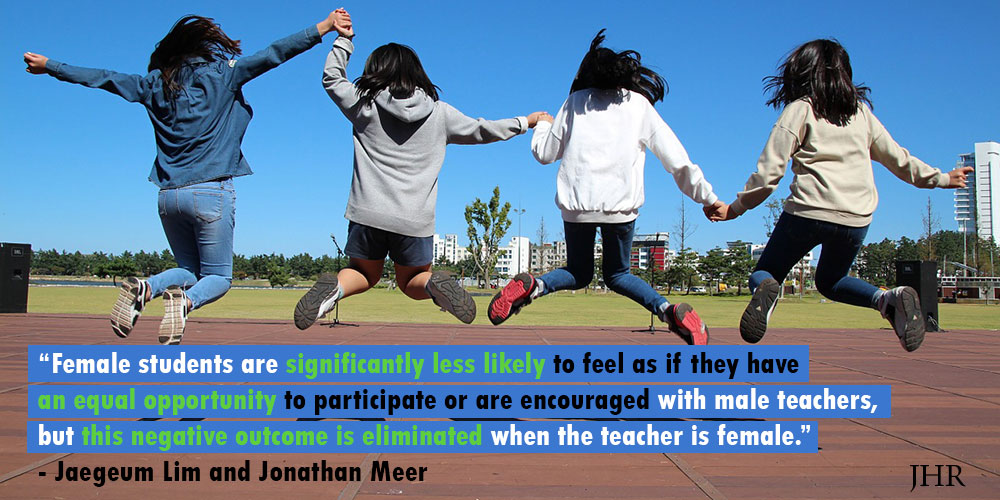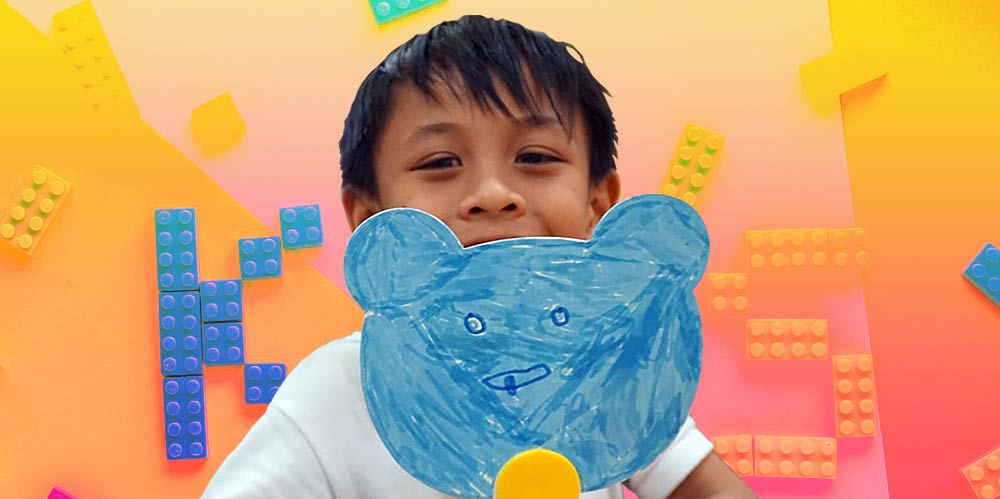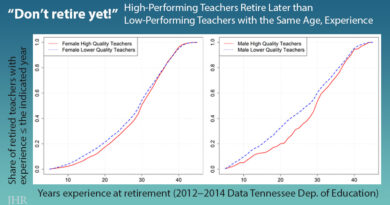Life Skills Programming Can Improve Adolescent Mental Health—But Only under Certain Conditions
Life skills interventions are spreading across low- and middle-income countries at a rapid pace, but evidence on their impacts on key dimensions of adolescent well-being remains limited. These programs provide adolescents, typically females, with safe spaces and education on practical topics, such as navigating relationships with boyfriends and parents, coping with unequal gender norms, reproductive and menstrual health, and building confidence—all with the ultimate objective of empowering girls to live better lives.
In “Improving Mental Health of Adolescent Girls in Low- and Middle-Income Countries: Causal Evidence from Life Skills Programming,” Manisha Shah, Sarah Baird, Jennifer Seager, Benjamin Avuwadah, Joan Hamory, Shwetlena Sabarwal, and Amita Vyas studied the impact of life skills interventions in three very diverse settings (Tanzania, Ethiopia, and Bangladesh). They wanted to know if the programming improved the mental health of adolescent girls aged 10–19 and for what type of girls it had the biggest impact.
The researchers found that life skills interventions modestly improve some aspects of mental health in all three contexts, including reducing depression in Tanzania and improving socio-emotional development in Bangladesh and Ethiopia. However, not everyone benefits.
Findings suggest that the following factors may improve the effectiveness of these programs: (i) targeting both adolescent boys and girls, (ii) targeting younger adolescents, and (iii) building programs on top of existing supportive environments at the household and/or community level.
What is the takeaway message for policymakers? According to Shah, “Given that life skills programs are likely to remain a staple for adolescents in low- and middle-income countries, it’s important to think carefully about program design and targeting to optimize impacts.”
Read the article in the Journal of Human Resources: “Improving Mental Health of Adolescent Girls in Low- and Middle-Income Countries: Causal Evidence from Life Skills Programming” by Manisha Shah, Sarah Baird, Jennifer Seager, Benjamin Avuwadah, Joan Hamory, Shwetlena Sabarwal, and Amita Vyas.
***
Manisha Shah is Chancellor’s Professor of Public Policy at the University of California, Berkeley, and a Research Associate with the National Bureau of Economic Research (@Manisha_econ). Sarah Baird is Professor of Global Health and Economics in the Department of Global Health at George Washington University. Jennifer Seager is an Associate Professor of Global Health and Economics at George Washington University (@seagerje). Benjamin Avuwadah is a Post-Doctoral Scientist in the Department of Global Health at George Washington University (@bavuwadah). Joan Hamory is an Associate Professor of Economics at the University of Oklahoma (@JRHamory). Shwetlena Sabarwal is a Senior Economist at the Education Global Practice of The World Bank. Amita Vyas is an Associate Professor at George Washington University.




